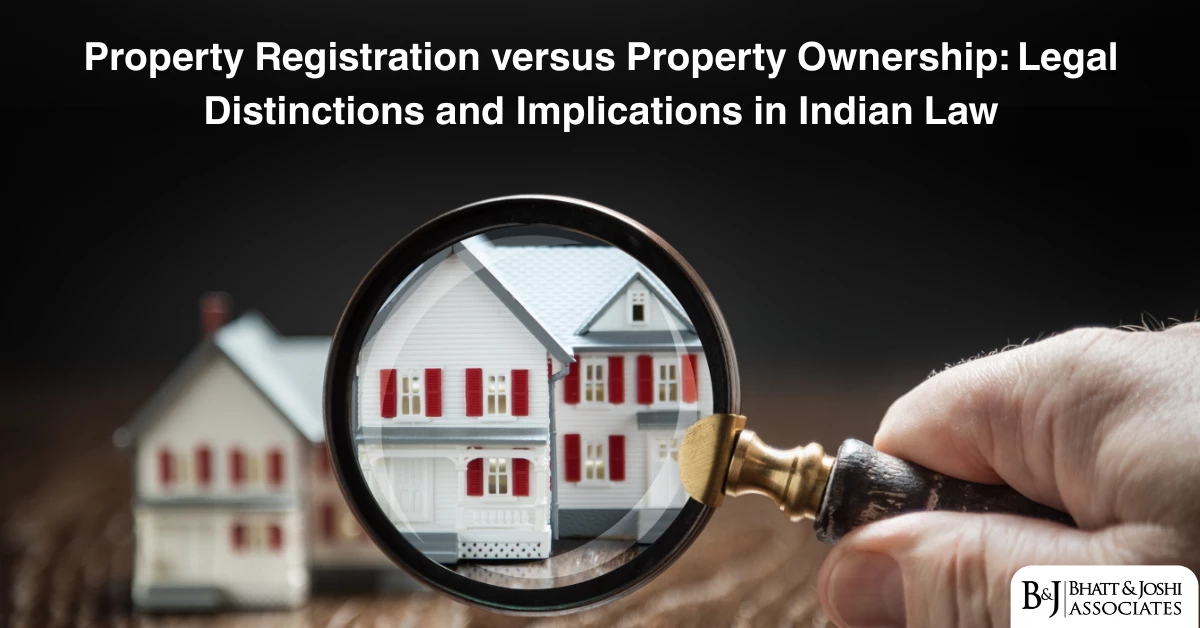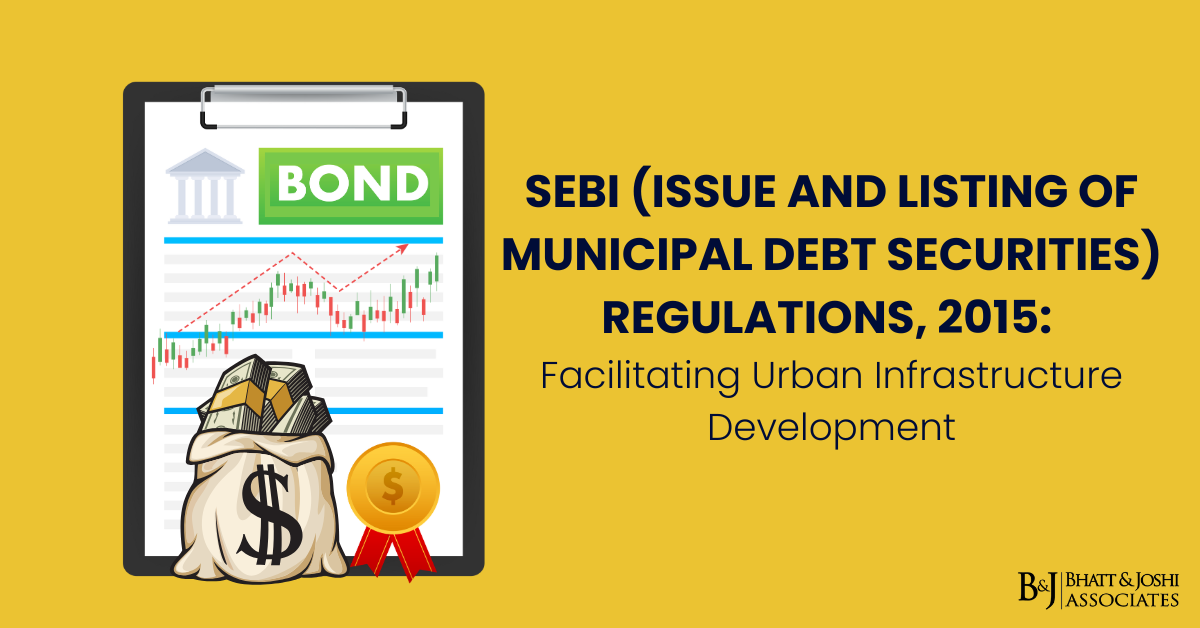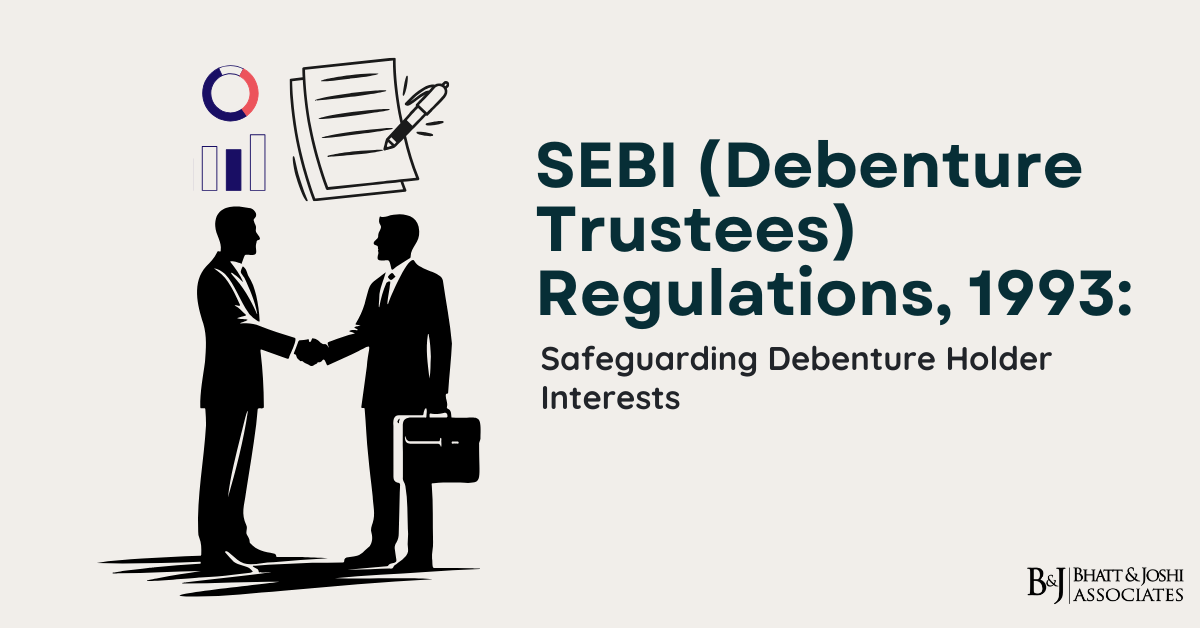Abstract
The Supreme Court of India’s landmark decision in Mahnoor Fatima Imran & Ors. v. M/s Visweswara Infrastructure Pvt. Ltd. & Ors. has crystallized a fundamental principle of Indian property law: property registration alone does not confer ownership [1]. This judgment has profound implications for property transactions, title verification, and legal practitioners’ approach to due diligence. This article examines the legal framework governing property registration and ownership, analyzes the Supreme Court’s reasoning, and explores the practical implications for stakeholders in real estate transactions.

Introduction
The relationship between property registration and ownership has been a cornerstone of Indian property jurisprudence, yet the Supreme Court’s recent decision in the Mahnoor Fatima Imran case has reinforced critical distinctions that practitioners must understand. The case involved 53 acres of land in Raidurg Panmaktha village, Telangana, where parties claiming ownership through registered sale deeds were denied protection against dispossession due to defective title chains.
This judgment serves as a crucial reminder that registration under the Registration Act, 1908, while essential for creating a public record, does not automatically validate the underlying transaction or confer unimpeachable title. The decision has significant ramifications for property buyers, legal practitioners, and financial institutions across India.
Legal Framework: Registration Act, 1908 and Transfer of Property Act, 1882
The Registration Act, 1908: Mandatory Registration Requirements
Section 17 of the Registration Act, 1908, mandates compulsory registration for specific categories of documents affecting immovable property [2]. The provision states that instruments of gift, non-testamentary instruments creating, declaring, assigning, limiting, or extinguishing rights in immovable property valued at ₹100 and above, and leases exceeding one year must be registered.
The fundamental purpose of registration is threefold: to create a permanent public record, to provide notice to the world of the transaction, and to prevent fraudulent dispositions [3]. However, as the Supreme Court clarified in Mahnoor Fatima Imran, “registration of a document gives notice to the world that such a document has been executed [but] is not to confer an unimpeachable validity on all such registered documents.”
Transfer of Property Act, 1882: Sale and Title Transfer
Section 54 of the Transfer of Property Act, 1882, defines sale as “a transfer of ownership in exchange for a price paid or promised” [4]. The provision mandates that for tangible immovable property valued above ₹100, such transfer must be effected by a registered instrument. Crucially, the section distinguishes between a contract for sale and an actual sale, emphasizing that an agreement to sell does not, by itself, create any interest in or charge on the property.
The Supreme Court in Suraj Lamp & Industries Pvt. Ltd. v. State of Haryana established that property can only be validly transferred through a registered sale deed, and that General Power of Attorney sales do not constitute valid transfers of immovable property [5].
The Mahnoor Fatima Imran Case: Facts and Legal Analysis
Factual Background
The dispute in Mahnoor Fatima Imran arose from a complex chain of events spanning several decades. In 1975, 99.07 acres of land, including the disputed 53 acres, were declared surplus under the Andhra Pradesh Land Reforms (Ceiling on Agricultural Holdings) Act, 1973, and vested in the State government [6]. Subsequently, in 1982, the original owners’ General Power of Attorney holder executed an unregistered agreement to sell 125 acres (later amended to 99 acres) to Bhavana Cooperative Housing Society.
The Society, relying on this unregistered agreement and a subsequently “revalidated” document, executed registered sale deeds in favor of various individuals, including the respondents. These purchasers claimed possession and sought writ protection against dispossession by the Telangana State Industrial Infrastructure Corporation (TSIIC).
Supreme Court’s Legal Reasoning
The Supreme Court, comprising Justice Sudhanshu Dhulia and Justice K. Vinod Chandran, delivered a comprehensive judgment addressing multiple legal principles:
Invalidity of Unregistered Agreements
The Court held that since the 1982 agreement was unregistered and never formalized through a conveyance deed, it could not confer valid title [7]. The Court observed that “there can be no valid transfer of title in the absence of a proper registered deed.”
Ineffectiveness of Subsequent Registration
The judgment established that if the original sale agreement was unregistered, the registration of subsequent instruments based on that agreement would not confer title. This principle prevents parties from circumventing mandatory registration requirements through creative documentation.
Statutory Vesting Supersedes Private Claims
Since the land had already vested in the State under land reform legislation in 1975, any private agreement executed thereafter, including the 1982 transaction, was legally ineffective. The Court emphasized that once land vests in the State through statutory provisions, private parties cannot claim superior rights through subsequent transactions.
Regulatory Framework and Compliance Requirements
Registration Process and Documentation
The registration process under the Registration Act requires several procedural steps to ensure legal validity [8]. Section 32 mandates that documents be presented at the proper registration office by the executing party or their authorized representative. Recent amendments have made it mandatory to affix passport-size photographs and fingerprints of executants at the time of registration for property transfer documents.
Section 23 of the Registration Act prescribes a four-month timeline for presenting documents for registration from the date of execution [9]. Failure to register within this prescribed period can result in the document being inadmissible as evidence of the transaction.
Consequences of Non-Registration
Section 49 of the Registration Act provides that unregistered documents required to be registered cannot be used as evidence of the transaction they purport to effect [10]. However, such documents may be admitted for collateral purposes, such as establishing the nature of possession or contractual obligations between parties.
The Supreme Court in Ravipudi Lakshminarayana v. Parvathareddy Sreedhar Anand reiterated that any immovable property valued above ₹100 must be compulsorily registered, and unregistered sale deeds cannot confer title under Section 54 of the Transfer of Property Act.
Documents Establishing Property Ownership
Primary Title Documents
While registration is essential, ownership must be established through a comprehensive chain of title documents. The Supreme Court in Mahnoor Fatima Imran emphasized that buyers must verify the entire chain of ownership, not merely rely on registered documents.
Sale Deed
The sale deed remains the primary document establishing transfer of ownership [11]. It must be properly executed, stamped, and registered to be legally effective. The document should clearly identify the parties, describe the property, specify the consideration, and be executed in accordance with legal requirements.
Title Deed
The title deed establishes the current owner’s rights and the manner of acquisition. It provides a comprehensive record of ownership and forms the foundation for all subsequent transactions.
Supporting Documentation
Encumbrance Certificate
An encumbrance certificate provides a record of all registered transactions affecting a property over a specified period [12]. It serves as evidence that the property is free from monetary and legal liabilities and is essential for establishing clear title.
Mutation Certificate
Mutation records the transfer of property in revenue records and is crucial for updating government databases. While not creating title, it provides evidence of recognized ownership for administrative purposes.
Property Tax Receipts
Regular payment of property taxes creates presumptive evidence of ownership and demonstrates continuous possession and acknowledgment of ownership by the taxpayer.
Due Diligence Requirements and Best Practices
Title Verification Process
The Mahnoor Fatima Imran judgment emphasizes the critical importance of comprehensive due diligence [13]. Legal practitioners must examine not only the immediate transaction documents but also the entire chain of title to ensure valid ownership transfer.
The verification process should include examination of the original title documents, verification of the transferor’s legal capacity, confirmation of proper registration procedures, and investigation of any statutory restrictions or government notifications affecting the property.
Investigation of Statutory Restrictions
Properties may be subject to various statutory restrictions, including land ceiling laws, urban development regulations, and environmental clearances. The Supreme Court’s decision highlights the importance of investigating whether property has been subject to land reform legislation or other government notifications that may affect private ownership rights.
Implications for Stakeholders
Impact on Property Buyers
The judgment reinforces the principle of “buyer beware” in property transactions [14]. Purchasers cannot rely solely on registered documents but must conduct comprehensive due diligence to verify the seller’s title. This includes examining the complete chain of ownership, investigating any statutory restrictions, and ensuring that all previous transactions were properly registered and legally valid.
Financial Institutions and Lending
Banks and financial institutions must exercise heightened caution when accepting property as collateral. The decision emphasizes that registered documents alone do not guarantee valid title, requiring more rigorous verification processes before approving secured loans.
Real Estate Industry Practices
The judgment necessitates enhanced due diligence practices within the real estate industry. Developers, brokers, and legal advisors must implement more comprehensive title verification procedures to protect their clients’ interests and avoid potential litigation.
Comparative Analysis with International Practices
Torrens System vs. Deeds Registration
While India follows a deeds registration system, many jurisdictions have adopted the Torrens system of title registration, which provides government-guaranteed titles. The Mahnoor Fatima Imran judgment highlights limitations of the current system, where registration provides notice but not guaranteed validity.
Proposed Reforms
Legal scholars have proposed moving toward a conclusive titling system where the government provides guaranteed titles and compensation for ownership disputes [15]. Such reforms would require comprehensive digitization of land records and establishment of clear title registration procedures.
Practical Recommendations for Legal Practitioners
Enhanced Due Diligence Protocols
Legal practitioners should implement comprehensive due diligence protocols that include verification of the complete chain of title, investigation of statutory restrictions, examination of revenue records and mutation documents, and confirmation of proper registration procedures for all previous transactions.
Documentation Best Practices
When drafting property transaction documents, practitioners should ensure clear identification of parties and their legal capacity, accurate description of the property with proper survey details, verification of consideration and payment terms, and compliance with all registration requirements and statutory procedures.
Risk Mitigation Strategies
To minimize risks associated with defective titles, practitioners should recommend comprehensive title insurance where available, establishment of escrow arrangements for complex transactions, and implementation of detailed contractual warranties and indemnities.
Future Implications and Developments
Digitization of Land Records
The Government of India’s initiatives toward digitization of land records may help address some issues highlighted in the Mahnoor Fatima Imran case. Digital records with comprehensive audit trails could provide better transparency and reduce opportunities for fraudulent documentation.
Legislative Reforms
The judgment may catalyze legislative reforms in property law, including amendments to the Registration Act to strengthen verification procedures and potential introduction of conclusive titling systems similar to those adopted in other jurisdictions [16].
Conclusion
The Supreme Court’s decision in Mahnoor Fatima Imran & Ors. v. M/s Visweswara Infrastructure Pvt. Ltd. & Ors. serves as a crucial reminder that property registration and ownership are distinct legal concepts. While registration under the Registration Act, 1908, creates a public record and provides legal notice, it does not automatically confer valid title if the underlying transaction is legally defective.
The judgment reinforces fundamental principles of Indian property law: ownership must be established through a valid chain of title, unregistered agreements cannot be cured through subsequent registration if the original transaction was legally ineffective, and statutory restrictions such as land reform legislation supersede private claims. For legal practitioners, the decision emphasizes the critical importance of comprehensive due diligence in property registration and ownership, requiring examination of the complete chain of ownership and investigation of all potential legal impediments.
The implications extend beyond individual transactions to the broader real estate ecosystem, requiring enhanced verification procedures by financial institutions, more rigorous documentation practices by developers and brokers, and strengthened consumer protection measures. As India continues to modernize its property registration systems, the principles established in this judgment will remain fundamental to ensuring secure and transparent property transactions.
Legal practitioners must adapt their practices to reflect these heightened requirements, implementing comprehensive due diligence protocols and advising clients of the limitations inherent in relying solely on registered documents. The decision ultimately strengthens the legal framework governing property transactions by reinforcing the principle that valid ownership requires not merely proper registration, but a legally sound foundation for the transfer of title.
References
[1] Mahnoor Fatima Imran & Ors. v. M/s Visweswara Infrastructure Pvt. Ltd. & Ors., (2025) INSC 646. Available at: https://indiankanoon.org/doc/186378251/
[2] Registration Act, 1908, Section 17
[3] Suraj Lamp & Industries Pvt. Ltd. v. State of Haryana, (2012) 1 SCC 656. Available at: https://indiankanoon.org/doc/1565619/
[4] Transfer of Property Act, 1882, Section 54. Available at: https://www.indiacode.nic.in/bitstream/123456789/2338/1/A1882-04.pdf
[5] Suraj Lamp & Industries Pvt. Ltd. v. State of Haryana, (2011) 11 SCC 438. Available at: https://www.legalserviceindia.com/legal/article-20660-no-more-shortcut-sales-supreme-court-s-suraj-lamps-judgment-on-power-of-attorney-property-transfers.html
[6] Andhra Pradesh Land Reforms (Ceiling on Agricultural Holdings) Act, 1973. Available at: https://lawbhoomi.com/registered-sale-deed-alone-cannot-prove-ownership-rules-supreme-court/
[7] Mahnoor Fatima Imran & Ors. v. M/s Visweswara Infrastructure Pvt. Ltd. & Ors., 2025 INSC 646, para 18. Available at: https://thelegalchamber.in/no-valid-title-no-relief-supreme-court-rules-against-fraudulent-land-transfers-upholds-states-vesting-rights/
[8] Registration Act, 1908, Section 32. Available at: https://blog.ipleaders.in/registration-of-documents-and-consequences-of-non-registration-under-section-17-of-the-registration-act-l908/
[9] Registration Act, 1908, Section 23. Available at: https://www.legalserviceindia.com/article/l408-Sec-17-of-Indian-Registration-Act,-1908.html
[10] Registration Act, 1908, Section 49. Available at: https://blog.ipleaders.in/section-54-of-transfer-of-property-act/
[11] Transfer of Property Act, 1882, Section 54 and Registration Act, 1908. Available at: https://blog.ipleaders.in/sale-under-transfer-of-property-act-1882/
[12] Encumbrance Certificate Guidelines. Available at: https://cleartax.in/s/title-deed-of-property
[13] Supreme Court Guidelines on Due Diligence. Available at: https://www.indialaw.in/blog/real-estate/supreme-court-property-title-registration-india/
[14] Property Due Diligence Requirements. Available at: https://prsindia.org/policy/analytical-reports/land-records-and-titles-india
[15] Land Records and Titles Reform Proposals. Available at: https://www.godrejproperties.com/blog/property-title-understanding-property-titles-and-documentation-in-india
[16] Property Law Reform Initiatives. Available at: https://www.legalbites.in/property-law/can-ownership-be-transferred-without-a-registered-sale-agreement-1151398
PDF to Full Judgement
Authorized and Written by Prapti Bhatt













